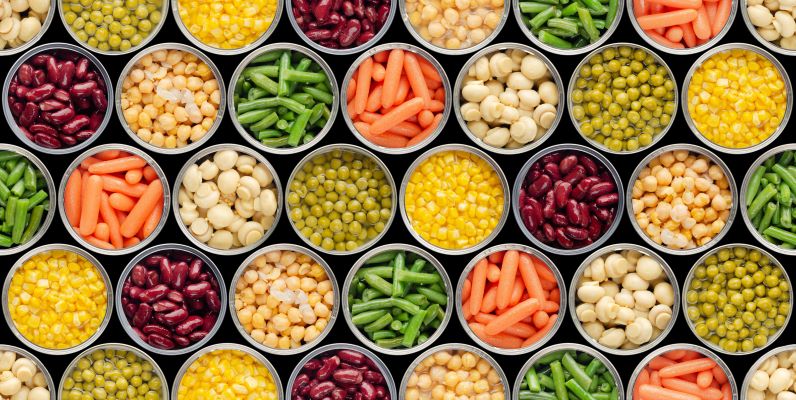TOMRA Food has published an eBook to help vegetable processors respond to current and future market demand changes. The new 17-page publication identifies how the COVID-19 pandemic will disrupt the vegetable market for some time yet, and how deeply-rooted consumer trends will affect supply-side food businesses long after the pandemic has passed.
‘If the COVID-19 pandemic has made getting through 2020 feel like a rollercoaster ride,’ the eBook warns, ‘more ups and downs lie ahead.’ To see why and how, the eBook shares information and observations from global market researchers, from TOMRA Food’s experience working closely with vegetable processors as a supplier of world-class sorting technologies, and from a leading futurist and economic forecaster. The eBook presents these insights in eight short and easy-to-read sections, with illustrations and photographs, and is downloadable free-of-charge from TOMRA’s website.
The eBook recognizes the power of consumers to affect every step in the food supply chain. Processing vegetables in big volumes is a demanding business, it says, because vegetable retailers are also under pressure. Whatever consumers want when purchasing vegetables – fresh, frozen, or canned – retailers strive to provide, and processors have to run down their lines.
The knock-on effects of changing consumer behavior have been evident this year because of the COVID-19 pandemic. During times of lockdowns, travel restrictions, and anxieties about eating out, sales of vegetables for home-cooking have climbed steeply. The eBook quantifies the biggest sales gains, the reasons for them, and why many experts believe this year’s food-buying trends will last longer than the pandemic.
The eBook also reveals in snapshots the prominent trends that are expected to have lasting effects. These are a craving for comfort foods; the desire for food security; a shift to healthier lifestyles; the rise of vegetarians, vegans, and flexitarians; the increasing desire for organic foods; the new Ice Age driving-up sales of frozen vegetables; increasing concerns about sustainability; and the eternal popularity of convenience foods.
The eBook examines what these trends mean for processors. Productivity and throughputs will have to increase. Consistent product quality and food safety will have to be maintained despite processing vegetables in greater quantities and faster. Food waste will have to be reduced by recuperating more marketable produce. Toxic weeds, insects and vermin will have to be detected and removed from organically-grown vegetables. Dependence on manual labor will have to be reduced. And digital transformation will be necessary to unblock the big data that lead to efficiency improvements.
Taking a longer-term view, the eBook shares insights from Jason Schenker, Chairman of the internationally-respected Futurist Institute and President of Prestige Economics. Noting that global calorie demand is expected to rise in the next few decades by a massive 44%, Jason warns of the need to reduce food loss in production and the need for technologies to improve efficiency in the global vegetable market. Jason also affirms that the COVID-19 pandemic is accelerating the trend in digital transformation.
To download your free copy of the new TOMRA eBook, please click here







